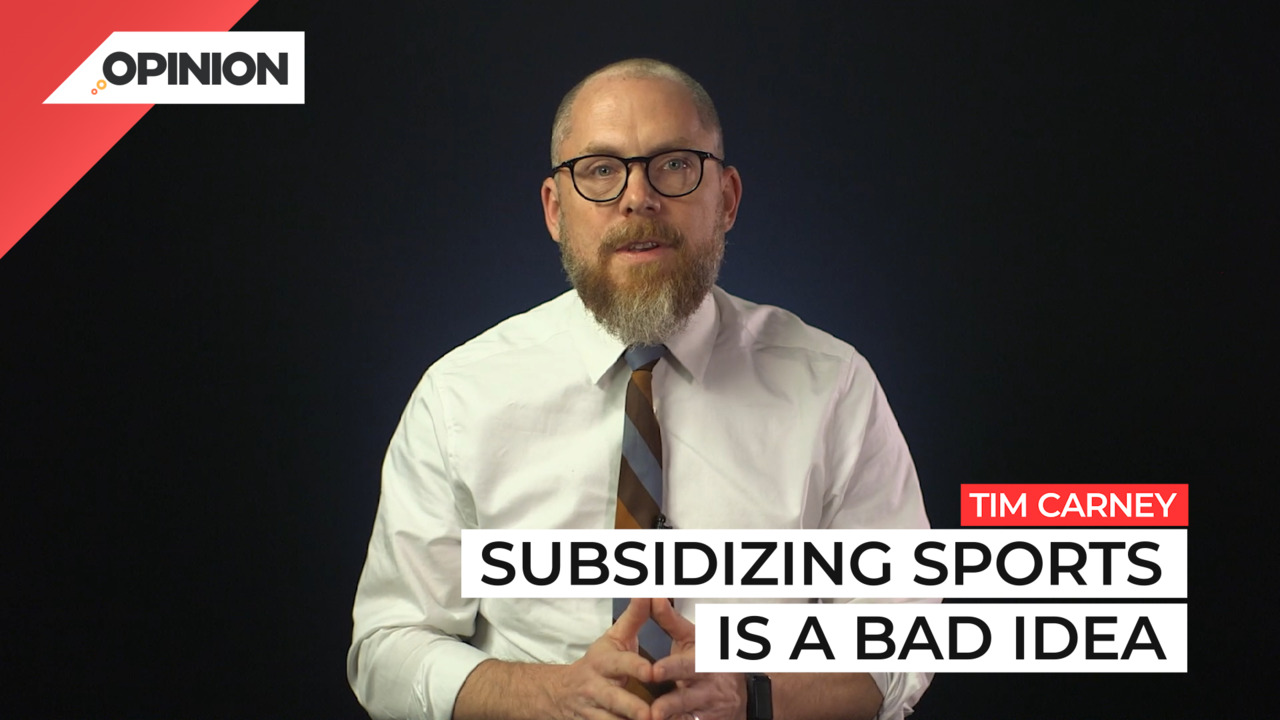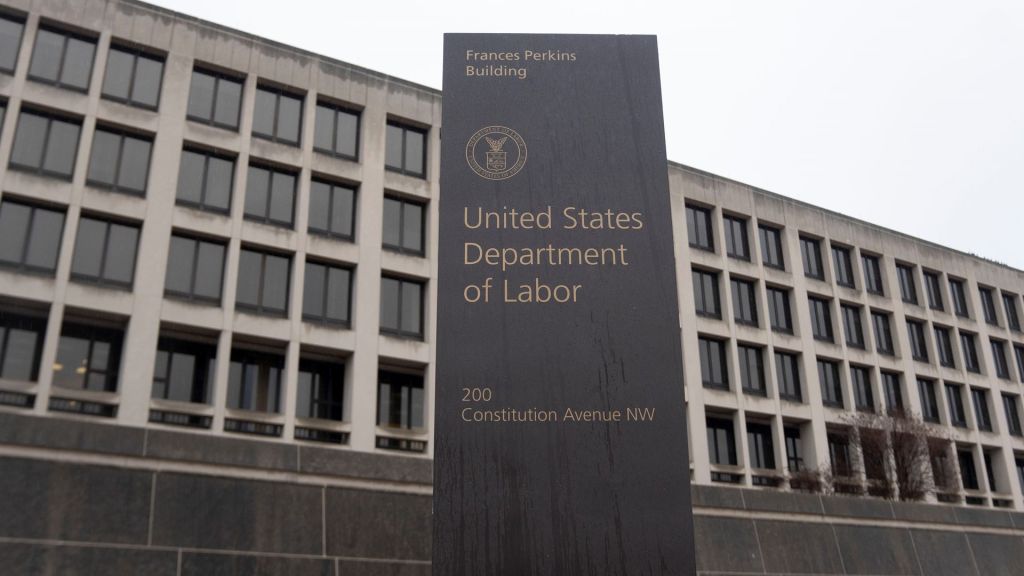
Commentary
-
Our commentary partners will help you reach your own conclusions on complex topics.
The World Cup has brought millions of fans to Qatar along with 64 national teams. It has also brought seven new soccer stadiums and plenty of new infrastructure. When the fans, players, media and vendors all depart after the final game, the infrastructure and some of the stadiums will still be there. What will the ordinary Qataris think of that? They will probably regret it. All totaled, the Qatari government spent about $220 billion, preparing for the World Cup with an estimated $10 billion going to those new stadiums. While the tournament will bring in massive flows of cash to the economy and the government, there is no way the country will recoup its expenditures. hosting the World Cup is not a for profit undertaking. It’s more like throwing a house party, a ton of people will come they’ll have a good time. Many of them will thank you for your hospitality, and you’ll be a bit poor for it. The same is true of hosting the Olympics. If you have to build new infrastructure to host an event, you’re probably not going to come out ahead. What about the ongoing benefits from the new infrastructure though? Once the Qatar is benefit from a new airport, new hospitals and better roads? Yes, these capital improvements will provide some value. That’s not the question though. We have to compare these roads, stadiums, hospitals and airports, to what they replaced or displace and consider what they cost. Some of the soccer stadiums will be disassembled and donated or recycled afterwards, so there will be no lasting benefit from them. Other infrastructure was custom built for millions of visitors and tourists. But 99% of the time from now on, Qatar will not have millions of visitors and tourists. That means many of these roads and projects will go unused or underused. The money materials and space dedicated to this sparsely used infrastructure could have gone to something more useful. There’s a broader lesson here. subsidizing sports is a bad idea. cities in the US at subsidized sports stadiums do not tend to see financial gains. This is one of the most consistent findings in economics. Scholars John Bradbury, Dennis Coates and Brad Humphreys reviewed 130 studies on this question conducted over the past 30 years, they concluded quote, the large subsidies commonly devoted to constructing professional sports venues are not justified as worthwhile public investments. So during this World Cup, Qatar has faced many criticisms over its human rights record and it’s corruption. The economics tells us that the government is also guilty of impoverishing its people in order to throw a big month long party
-
Subsidizing demand won’t fix real problems
The Biden administration recently announced an initiative to cap child care copay expenses for approximately 100,000 low-income working families in the United States. Instead of paying set fees, those families will pay 7% of whatever their total income is as a copay for the government-subsidized daycare program. The program also hopes to fully cover all…
-
America’s baby bust portends tough times ahead
In 2007, Americans welcomed approximately 4.3 million babies. But following a decline in birth rates during the Great Recession, birth rates have not recovered. Over the past 15 years, the number of U.S. births has decreased annually, with the most recent 12-month period on record indicating only 3.6 million babies born. Straight Arrow News contributor…
-
Inflation is still too high and Biden is still to blame
Democrats are busy celebrating a consistently strong economy under President Biden, citing shocking GDP growth and record-low unemployment. Republicans are responding to the celebration with concerns about rising living costs, housing unaffordability, and continuing inflation. Straight Arrow News contributor Tim Carney points out that many Americans feel left behind by “Bidenomics” and argues that they…
-
College just got much pricier for American families
American colleges and universities are among the very best in the world. They are also notoriously expensive, with many graduates working for decades to pay back their college loans. But for many new students and parents hoping to help their children pay for college, tuition just became even more expensive, thanks to a new federal…
-
Hunter Biden’s tax evasion charges not the worst part of controversy
On Dec. 7, Hunter Biden was indicted on nine tax charges in California, relating to over $1.4 million in taxes owed between 2016 and 2019. While the back taxes have been settled, a potential conviction could result in a maximum 17-year prison sentence for the president’s son. On Dec. 13, House Republicans voted to formalize…
Latest Opinions
-
 AP Images
AP Images
DOJ to pay $138M to sexual abuse victims of Larry Nassar
-
 AP Images
AP Images
Feds accuse Sheetz of discrimination for using criminal records when hiring
-
 AP Images
AP Images
Noem’s abortion comments ignored by right-leaning media
-
 Getty Images
Getty Images
Pythons decimate Florida’s wildlife, is eating them the answer?
-
 Getty Images
Getty Images
RFK Jr. wants government budget on blockchain for accountability
Popular Opinions
-
In addition to the facts, we believe it’s vital to hear perspectives from all sides of the political spectrum.


